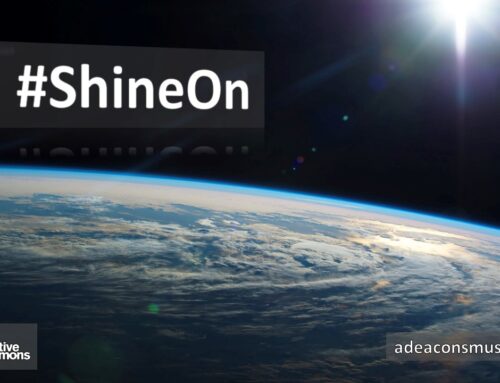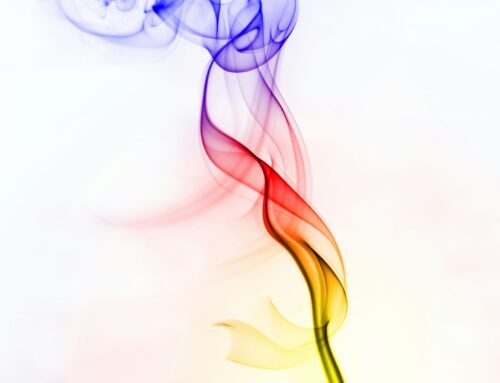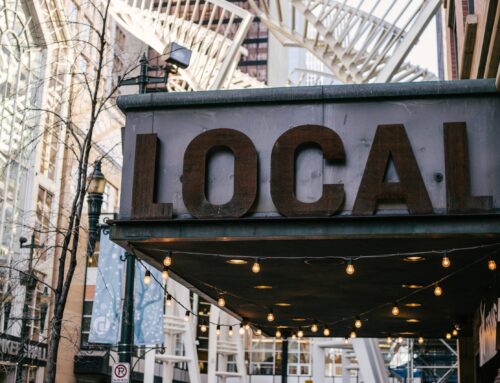The Journey
One day you finally knew
what you had to do, and began,
though the voices around you
kept shouting
their bad advice–
though the whole house
began to tremble
and you felt the old tug
at your ankles.
‘Mend my life!’
each voice cried.
But you didn’t stop.
You knew what you had to do,
though the wind pried
with its stiff fingers
at the very foundations,
though their melancholy
was terrible.
It was already late
enough, and a wild night,
and the road full of fallen
branches and stones.
But little by little,
as you left their voices behind,
the stars began to burn
through the sheets of clouds,
and there was a new voice
which you slowly
recognised as your own,
that kept you company
as you strode deeper and deeper
into the world,
determined to do
the only thing you could do–
determined to save
the only life you could save.
I was 17, thought I had all of the answers, and I had already started smoking. Of course, once I enlisted in the Canadian Armed Reserves, I started two things in earnest. First, I progressed from the experimentation of youth and started to wear a pack of cigarettes as a sign of maturity. After all, we were told that the average life expectancy (and remember this was over 2 decades ago) of a person serving in a modern infantry unit was not much longer than several minutes. This was – of course – tempered by the fact that it was also noted that this prognosis would only come to pass if the entire arsenal of biological and chemical weapons were utilised.
I was 17 … invincible and smoking seemed to make sense! The second thing that I started when I was 17 as I endeavoured to endure the weight of a hundred pound kit was running. Over three decades later, I am happy to say that I stopped the former and I am now a non-smoking smoker and I continue to be an avid runner. In my discipline of running I am constantly humbled by one canine pack member or another who endures my slow bipedal gait!
Addiction is a funny thing. I do not claim to be an expert on the matter, but from a perspective of personal experience and pastoral ministry, I have learned a few things. One, whether chemical dependency, mental or physical health challenges or even the malaise of the soul through repeated habits, every single one of us constantly walks the line where repeated behaviour might transform into ritualised performance. This behaviour – in Christian-speak – might look like a turning away from the Source of all Creation, which some might call God, the Universe, or Creator. It took me two years to journey to finally being able to count sequential days without a cigarette, which now stands at 4591. With that long journey in mind, I now find myself reflecting on the ministry (which has been left to us a model by Jesus) and how it may or may not connect with addiction.
There are many central themes and motifs in Jesus’ entire ministry, life, death, and what we call the ‘Resurrection’ that might speak to addictions. I also think it is important to note that there is nothing explicit – at least from a scientific-paradigm informed culture – that looks like addiction as we understand it in the tradition that we have inherited from the early church record. For the sake of this blog, let me highlight just one: Wholeness.
Jesus’ legacy (one of them) is the constant reflection and challenge that asks (those for whom his message of Love resonates) whether we can repent of that which separates us from the Divine Source. Do we struggle to move back toward wholeness with Creation? I know that the word ‘repent’ has been misused. In particular, its use has sometimes been wielded as a weapon of judgement and not an invitation to wholeness. I think that too often, it is easy to relinquish rich traditions in the face of conflict when trying to find understanding. In this case, we can explore what the word ‘repent’ might mean. So, I hope the following might be one step to translating the word into one that inspires …
To repent, or to face toward/return to, is a difficult journey when we are disconnected from ourselves, let alone a greater reality, which has many names in many faith traditions. But I think that it is this journey of healing that begins when we acknowledge our own stuff, because our own stuff keeps us from knowing ourselves. I mean really knowing ourselves, not in a superficial, consumerised context:
As I understand it, the journey toward wholeness or healing, with each small step, leads us to become both more self-aware … but also less self-centred. Some might call this awakening. Awakening to the self as simply part of a larger whole is no easy task – it means confronting ourselves in the space and time in which we live. It means confronting the things we do to ourselves or the things that cause us pain and hide our vulnerability for fear of being further hurt.
And here is just one paradox I have learned as I have walked away from addiction’s path … facing my vulnerability has been the hardest thing I have ever had to do. It was not weakness that fortified me to look into the mirror, it was being emboldened to the waking realisation of a Universe that longs for me to be whole. That our nature – yours and mine – is not to self-shine, but to embrace the vision that collectively we might illuminate a way out of shadows in which too many find themselves. That in our embracing of our diverse nature, we might help others to throw off the shackles that too often bear down upon us as a yoke and anchor. What I have seen in the mirror gives life a lightness that allows me to want to know more about the Other – you – for in so doing, our connexion with the Holy becomes both richer and more tangible. And – to me – that sounds like a good thing to share …








Your reflections are most welcome!